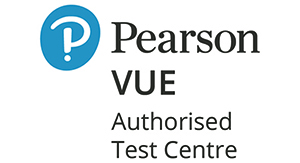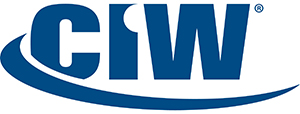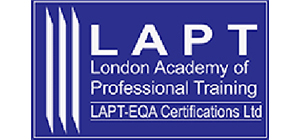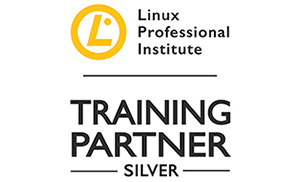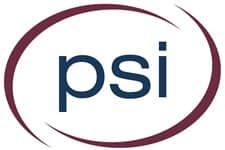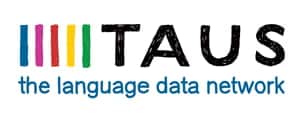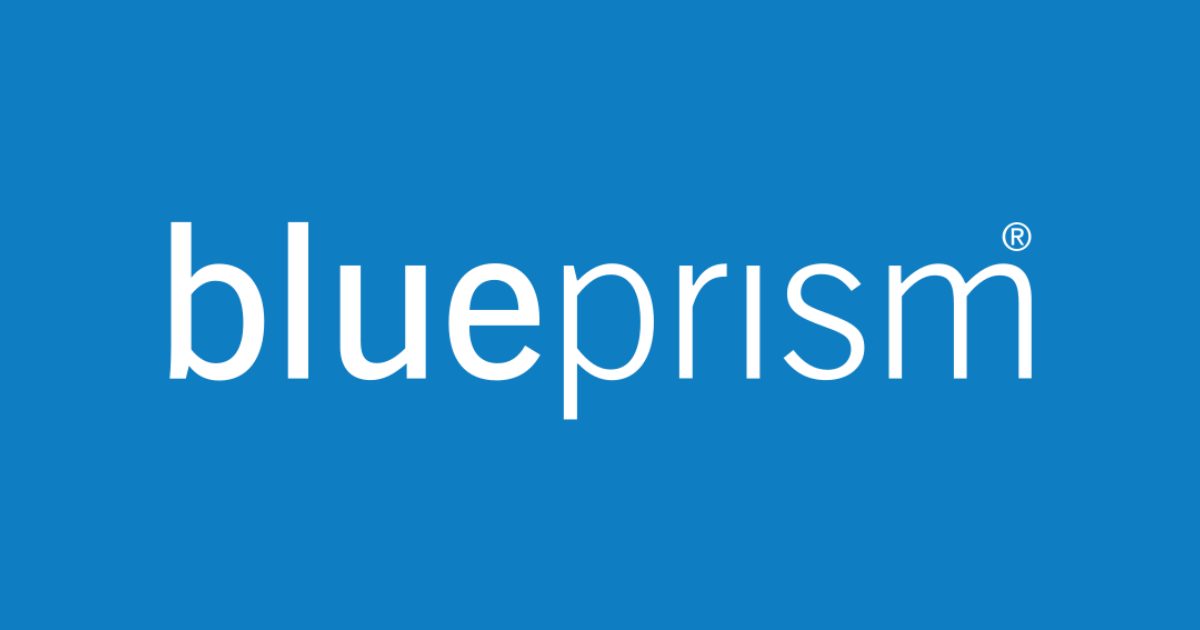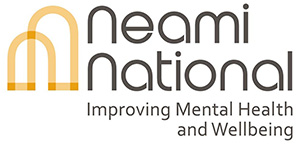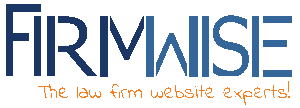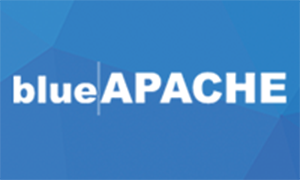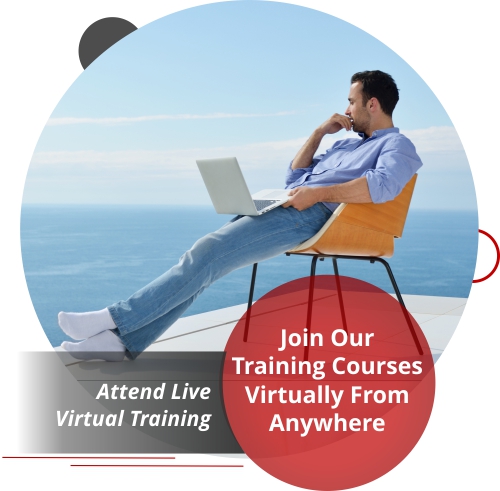ISTQB Foundation Course + Exam
ISTQB Foundation Certification
The ISTQB software testing foundation level certification course has been updated recently and includes the fundamental principles of software testing and different testing terminology and techniques. The course covers the learning objectives and prepares the candidates for the certification exam. The course fee includes the ISTQB official certification exam cost.
ISTQB Foundation Certification provides essential skills, knowledge and understanding of software testing needed to work as a software testing professional in Australia. The ISTQB foundation certificate in software testing is the entry-level certification designed for people entering the field and for experienced practitioners wishing to start moving up the ladder of ISTQB advanced-level certifications. After passing the ISTQB foundation level exam you will join ISTQB certified testers list.
ISTQB certification aims to provide a broad understanding of the fundamental best practices and key concepts in software testing and to provide a foundation for professional growth. ISTQB (International Software Testing Qualifications Board) and member boards are accountable for the ISTQB qualification assessment. ISTQB Certifications are designed to evaluate the knowledge of software testers in software testing.
- High pass rate
- ISTQB Training Course
- Covers the latest ISTQB syllabus
- BCS ISTQB Foundation exam included
- The exam can be taken within 3 months
There are no pre-requisities for this certification training.
Candidates can achieve this certification by passing the following exam(s).
- ISTQB Foundation Exam
The certification exam can be registered and attempted within 3 months of course/module completion at Logitrain training centre on weekdays during normal business hours (excludes public holidays)
- What is Testing?
- Why is Testing Necessary?
- Seven Testing Principles
- Test Process
- The Psychology of Testing
- Software Development Lifecycle Models
- Test Levels
- Test Types
- Maintenance Testing
- Static Testing Basics
- Review Process
- Categories of Test Techniques
- Black-box Test Techniques
- White-box Test Techniques
- Experience-based Test Techniques
- Test Organization
- Test Planning and Estimation
- Test Monitoring and Control
- Configuration Management
- Risks and Testing
- Defect Management
- Test tool considerations
- Effective use of tools
This course is likely to add to the employment-related skills of the participants. The skills developed are likely to be used in the course of being an employee or working in a business.
- Developers
- Testers
- Test Analysts
- Test Engineers
- Test Managers
- Business analysts
- Management Consultants
- Project Managers
- Quality Managers
- Individuals entering the testing field
- Individuals seeking the ISTQB Foundation Certifications
- Identify typical objectives of testing
- Differentiate testing from debugging
- Give examples of why testing is necessary
- Describe the relationship between testing and quality assurance and give examples of how testing contributes to higher quality
- Distinguish between error, defect, and failure
- Distinguish between the root cause of a defect and its effects
- Explain the seven testing principles
- Explain the impact of context on the test process
- Describe the test activities and respective tasks within the test process
- Differentiate the work products that support the test process
- Explain the value of maintaining traceability between the test basis and test work products
- Identify the psychological factors that influence the success of testing
- Explain the difference between the mindset required for test activities and the mindset required for development activities
- Explain the relationships between software development activities and test activities in the software development lifecycle
- Identify reasons why software development lifecycle models must be adapted to the context of project and product characteristics
- Compare the different test levels from the perspective of objectives, test basis, test
- objects, typical defects and failures, and approaches and responsibilities
- Compare functional, non-functional, and white-box testing
- Recognize that functional, non-functional, and white-box tests occur at any test level
- Compare the purposes of confirmation testing and regression testing
- Summarize triggers for maintenance testing
- Describe the role of impact analysis in maintenance testing
- Recognize types of software work product that can be examined by the different static testing techniques
- Use examples to describe the value of static testing
- Explain the difference between static and dynamic techniques, considering objectives, types of defects to be identified, and the role of these techniques within the software lifecycle
- Summarize the activities of the work product review process
- Recognize the different roles and responsibilities in a formal review
- Explain the differences between different review types: informal review, walkthrough, technical review, and inspection
- Apply a review technique to a work product to find defects
- Explain the factors that contribute to a successful review
- Explain the characteristics, commonalities, and differences between black-box test techniques, white-box test techniques, and experience-based test techniques
- Apply equivalence partitioning to derive test cases from given requirements
- Apply boundary value analysis to derive test cases from given requirements
- Apply decision table testing to derive test cases from given requirements
- Apply state transition testing to derive test cases from given requirements
- Explain how to derive test cases from a use case
- Explain statement coverage
- Explain decision coverage
- Explain the value of statement and decision coverage
- Explain error guessing
- Explain exploratory testing
- Explain checklist-based testing
- Explain the benefits and drawbacks of independent testing
- Identify the tasks of a test manager and tester
- Summarize the purpose and content of a test plan
- Differentiate between various test strategies
- Give examples of potential entry and exit criteria
- Apply knowledge of prioritization, and technical and logical dependencies, to schedule test execution for a given set of test cases
- Identify factors that influence the effort related to testing
- Explain the difference between two estimation techniques: the metrics-based technique and the expert-based technique
- Recall metrics used for testing
- Summarize the purposes, contents, and audiences for test reports
- Summarize how configuration management supports testing
- Define risk level by using likelihood and impact
- Distinguish between project and product risks
- Describe, by using examples, how product risk analysis may influence the thoroughness and scope of testing
- Write a defect report, covering defects found during testing
- Classify test tools according to their purpose and the test activities they support
- Identify benefits and risks of test automation
- Remember special considerations for test execution and test management tools
- Identify the main principles for selecting a tool
- Recall the objectives for using pilot projects to introduce tools
- Identify the success factors for evaluation, implementation, deployment, and on-going support of test tools in an organisation

Take the certification exam within 3 months of course / module completion

Take the official vendor certification exam at the Logitrain training center

Course material in digital format is included for flexibility and ease of use

Mock test is included in the full-time courses to assist with your preparation

Our trainers are highly skilled with expertise and extensive hands-on experience

Relax, we will beat competitor’s advertised price in Australia. Our course has no extra costs
| Location | Type | Duration | Price | Dates | |
|---|---|---|---|---|---|
| Location | Type | Duration | Price | Dates |
The supply of this course/package/program is governed by our terms and conditions. Please read them carefully before enrolling, as enrolment is conditional on acceptance of these terms and conditions. Proposed dates are given, courses run subject to availability and minimum registrations.
Find out why we are the leading choice to help boost your career in Australia
| Approachable and knowledgeable; comfortable surroundings. Logitrain does make IT training easier |
I recently followed the ITIL Foundation course at Logitrain. The training, materials and facilities were excellent and I would not hesitate to train with Logitrain again.
Thanks for a great week! Really enjoyed and feel I picked up a lot. Great Trainer! Will definitely look at further studies here.
Well-presented and able to convey immense knowledge to class. All queries were responded to promptly.
Excellent teaching method, easy to understand.
Logitrain provided a valuable insight into ITIL and enabled me to excel and advance my knowledge through a simple and well organised series of sessions.
Great place to study for certification, knowledgeable persons, excellent customer service. Ready to answer queries on the spot, very helpful.
The trainer was very patient and gave everybody the opportunity to participate.
The trainer explained everything very well. Logitrain was very helpful for me in getting a better overall understanding of CCNA. I previously had studied it 2 years earlier but required revision
Over 1000 organisations have relied on Logitrain to be their trusted training partner.

Don’t Wait. Please fill the form now.





